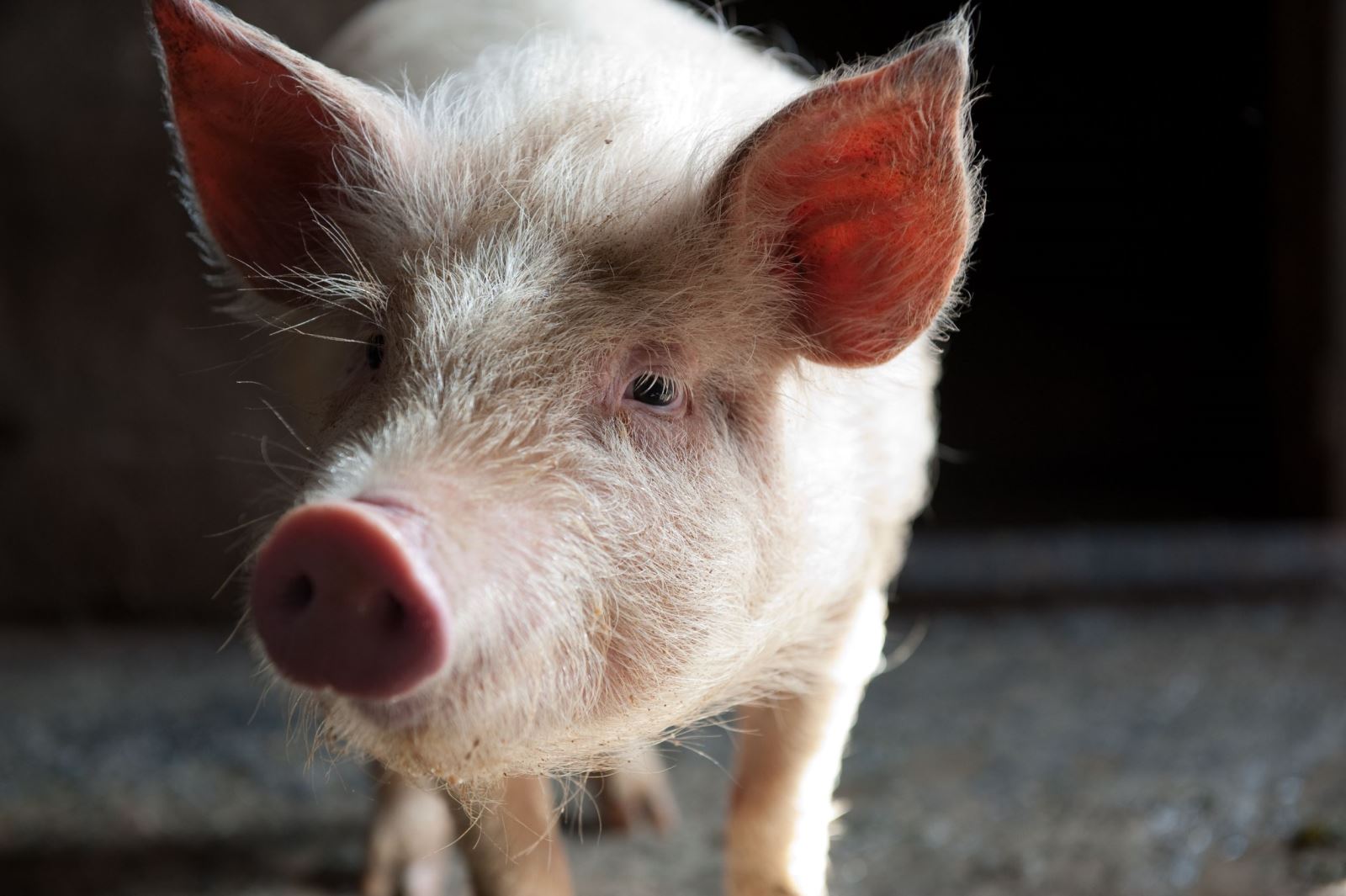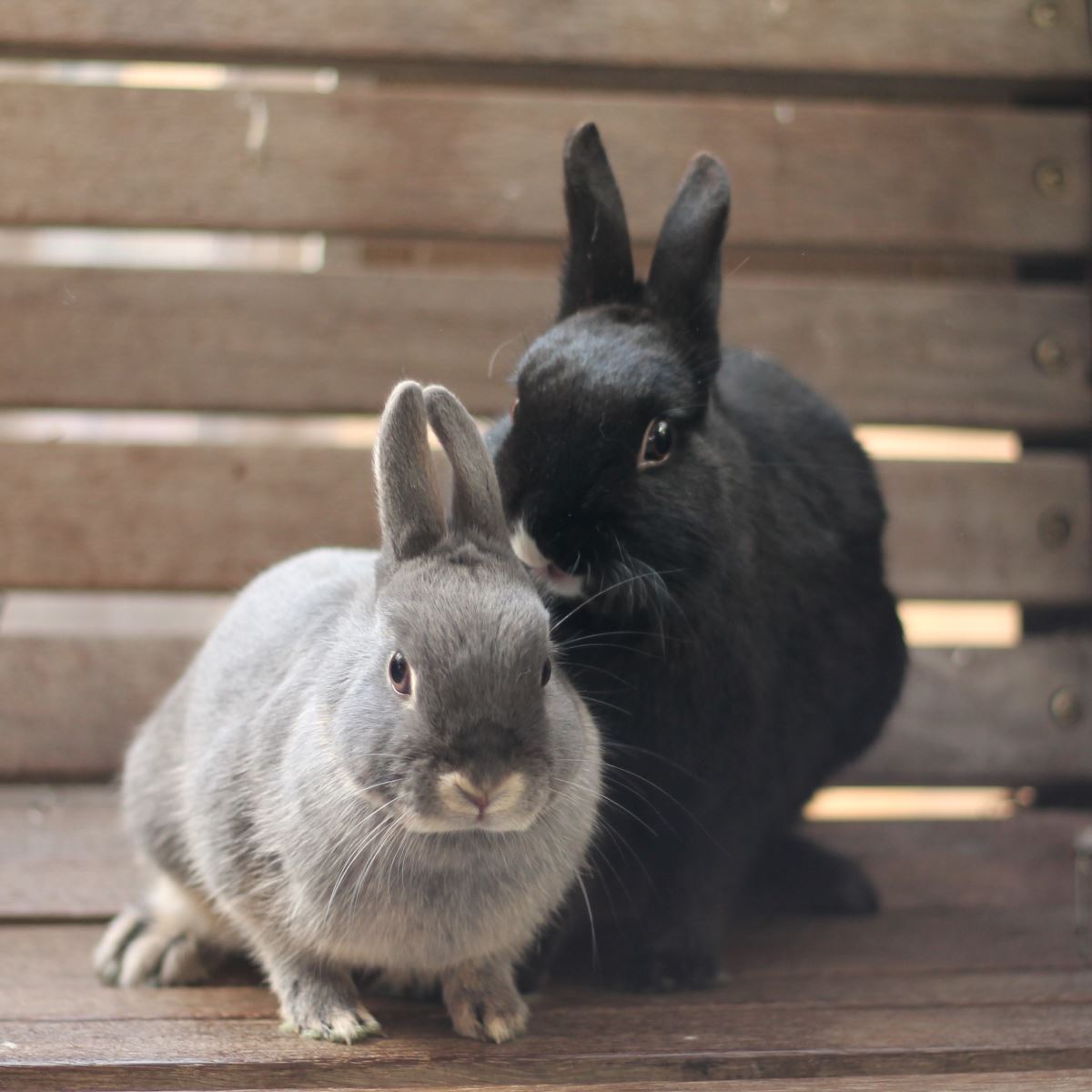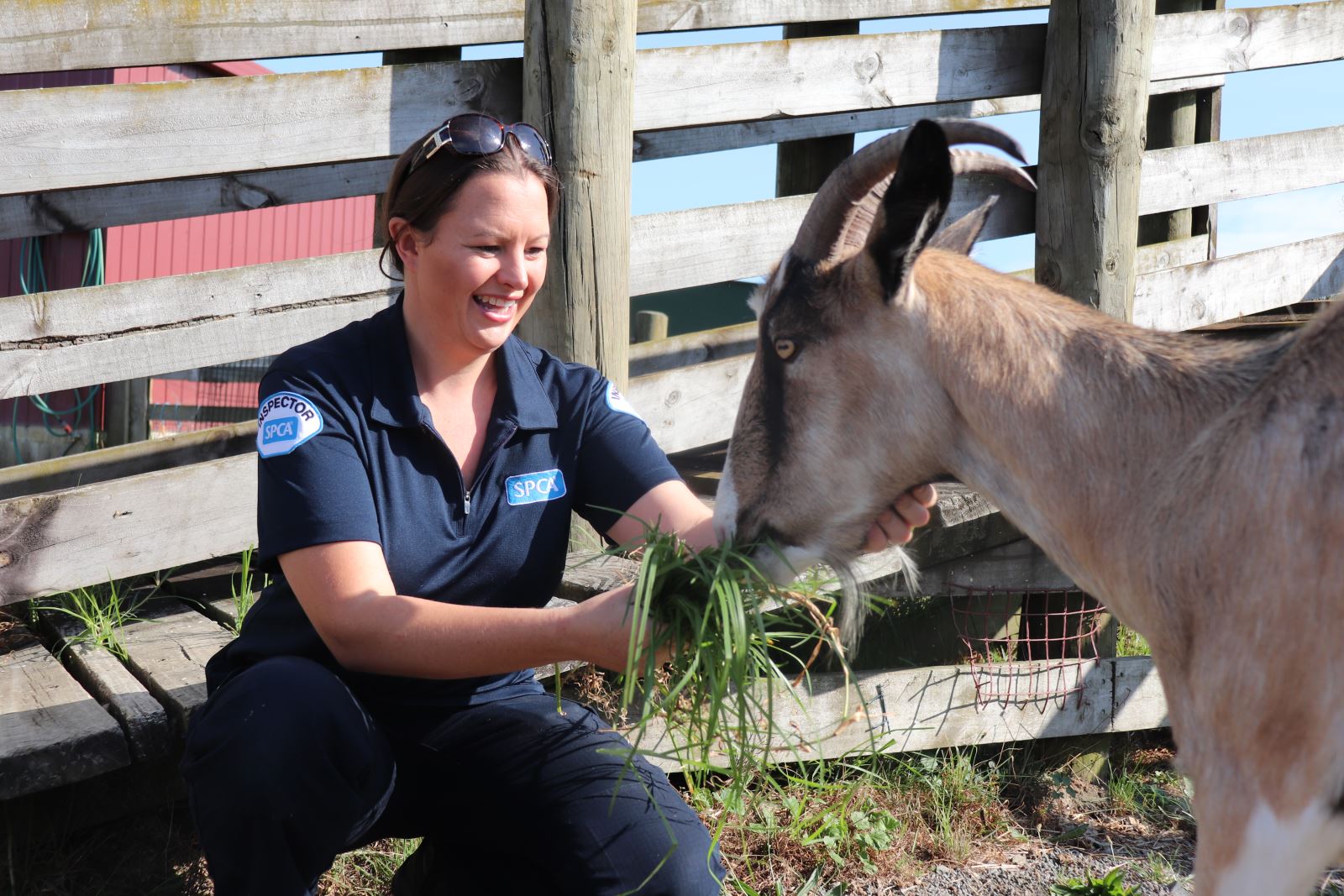Because animals are sentient, it is true that “what happens to them matters to them.” Therefore, as responsible animal guardians, it matters to us.
All animals are individuals with rich, complex emotional lives who deserve to be treated with kindness and compassion, just like we want to be treated this way.
It is essential that we as responsible animal guardians recognize that all animals are sentient and as such, we must meet their physical and mental welfare needs. By ensuring that animals are properly cared for and protected, and by observing them for signs of positive and negative feelings, we can help to maintain positive welfare and provide them with a happy life that’s worth living.

Not only are sentient animals able to communicate their feelings with each other, but they also communicate with us, their guardians. This is another reason why it so important for us to be more aware of how they use their body language and voices to communicate. It is also really important to be more aware of how we communicate with animals. For example, if your dog is showing signs that show they’re feeling fearful, or excitement about playing, it is essential for us to respond to those feelings to ensure good welfare.
Knowing that animals have these complex emotions allows us to recognize if they’re experiencing positive or negative welfare in different circumstances, and therefore allows us to know what we must do in these situations to protect the mental wellbeing of animals.
This is where the Five Domains framework comes in as it outlines the importance of an animal’s mental wellbeing, as well as physical needs. You can learn more about the five domains here.



































